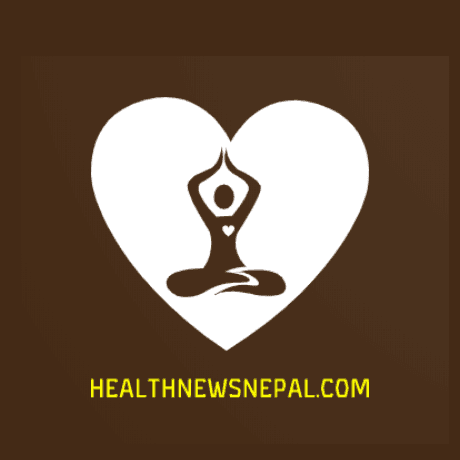Coronavirus disease 2019 (COVID-19) , Situation Report – 43
Data as reported by national authorities by 10AM CET 03 March 2020
- Eight new Member States (Andorra, Jordan, Latvia, Morocco, Portugal, Saudi Arabia, Senegal, and Tunisia) reported cases of COVID-19 in the past 24
- The increase of COVID-19 cases in the Eastern Mediterranean Region is of great concern. The WHO Regional Director of the Eastern Mediterranean region reiterated the need to enhance surveillance and response activities, and share critical information, as being essential to containing the outbreak and strengthening health systems. More information can be found here.
- The Pan American Health Organization (PAHO) is implementing a comprehensive plan to support country preparedness and containment efforts for COVID-19. Barbados was one of the first Caribbean countries to acquire test kits and reagents for COVID-19 detection, and receive training on how to use More information can be found here.
- Real-time training is critical for effective preparedness and response. WHO has several COVID-19 online resources for health professionals, decision-makers and the public in multiple languages. Please see the COVID-19 courses on OpenWHO here.
SITUATION IN NUMBERS
total and new cases in last 24 hours
Globally
90 870 confirmed (1922 new)
China
80 304 confirmed (130 new)
2946 deaths (31 new)
Outside of China
10 566 confirmed (1792 new)
72 countries (8 new)
166 deaths (38 new)
WHO RISK ASSESSMENT

STRATEGIC OBJECTIVES during Covid-19
WHO’s strategic objectives for this response are to:
- Interrupt human-to-human transmission including reducing secondary infections among close contacts and health care workers, preventing transmission amplification events, and preventing further international spread*;
- Identify, isolate and care for patients early, including providing optimized care for infected patients;
- Identify and reduce transmission from the animal source;
- Address crucial unknowns regarding clinical severity, extent of transmission and infection, treatment options, and accelerate the development of diagnostics, therapeutics and vaccines;
- Communicate critical risk and event information to all communities and counter misinformation;
- Minimize social and economic impact through multisectoral
*This can be achieved through a combination of public health measures, such as rapid identification, diagnosis and management of the cases, identification and follow up of the contacts, infection prevention and control in health care settings, implementation of health measures for travelers, awareness-raising in the population and risk communication.














